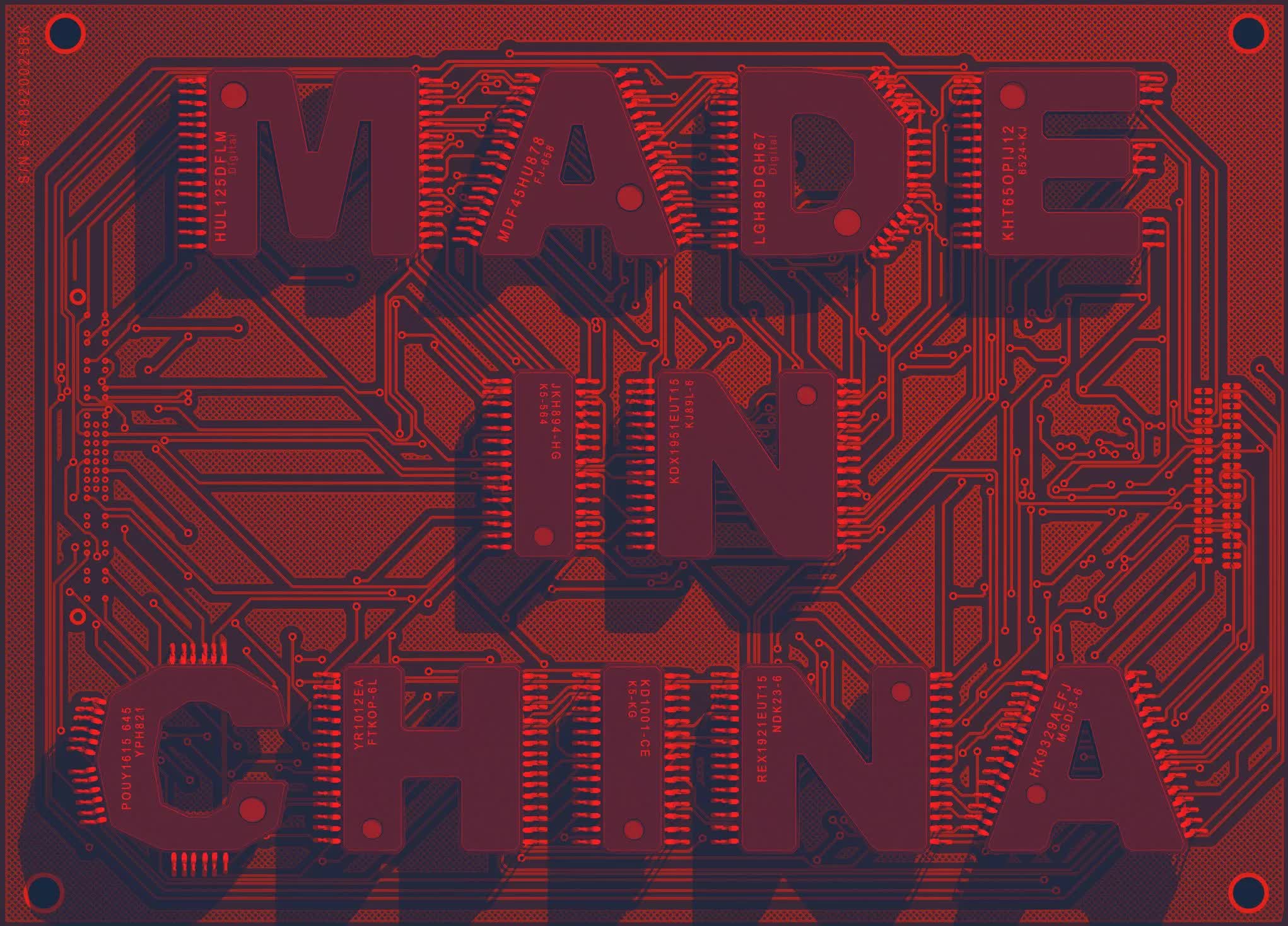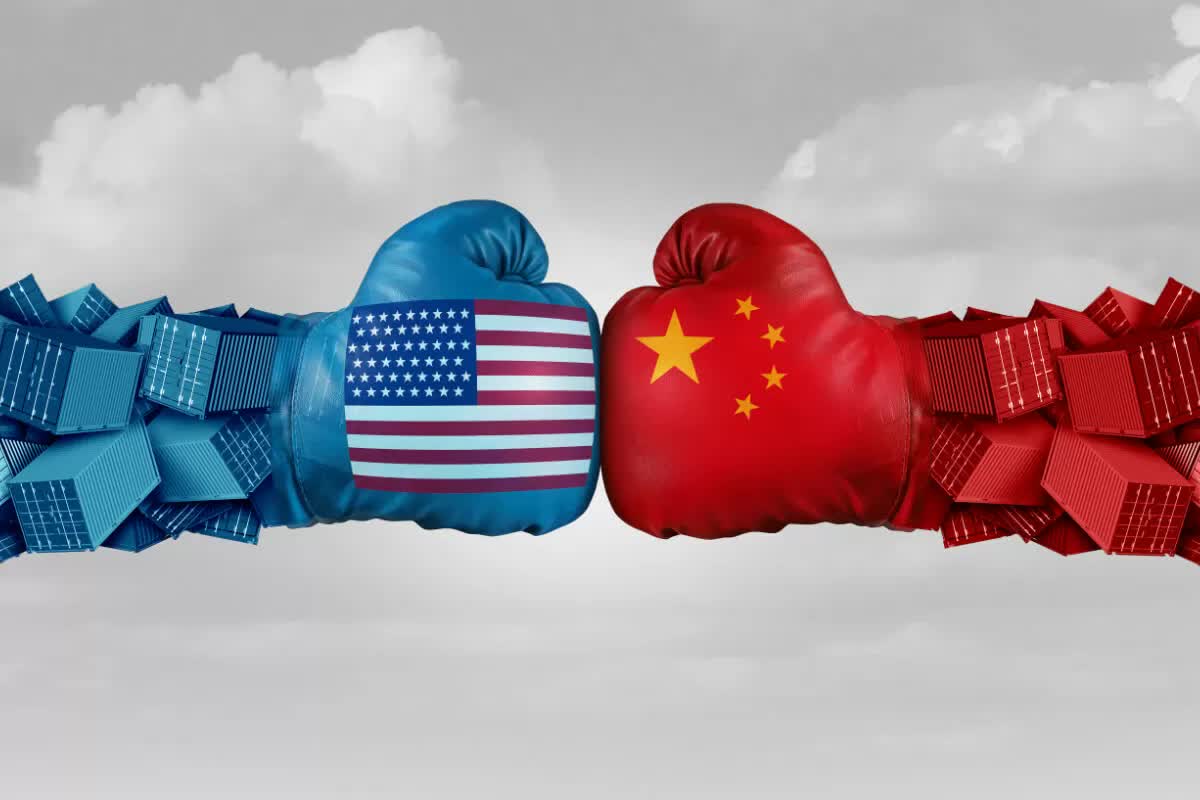In context: The US Department of Commerce had already warned suppliers of several Chinese companies to apply for export licenses in light of a growing risk that American technology could be used by the Chinese government for military and surveillance purposes. Now, it's banning tens of Chinese companies from dealing with American companies or companies that use American-made equipment.
The US Bureau of Industry and Security (BIS) in the Department of Commerce today announced it will add no less than 60 Chinese companies to the Entity List, which will effectively restrict their access to key US technologies, including their ability to partner up with US-based hardware and software companies.
The move is one of the last efforts of the Trump administration to maintain a hard line on China before Joe Biden is sworn into office on January 20, 2021. The Entity List now includes DJI – one of the biggest drone manufacturers in the world – as well as the Semiconductor Manufacturing International Corporation (SMIC), China's largest chip foundry.
The two companies are subject to the same ban as Huawei, meaning this will impair their ability to secure essential components and equipment that would constitute exports of US technology. And from what we've seen with Huawei, the restrictions can have devastating effects, forcing them to divest from some of their lucrative lines of business.

For American consumers, DJI products will become much more difficult to find on top of being subject to import taxes. SMIC is a different story, as it's part of China's strategy to become technologically self-sufficient and key for projects such as Huawei's server GPUs, desktop CPUs, 5G-enabled mobile SoCs, and a myriad of chipsets for the Internet of Things.
Commerce Secretary Wilbur Ross said in a statement that "we will not allow advanced U.S. technology to help build the military of an increasingly belligerent adversary. Between SMIC's relationships of concern with the military industrial complex, China's aggressive application of military civil fusion mandates and state-directed subsidies, SMIC perfectly illustrates the risks of China's leverage of U.S. technology to support its military modernization."
China's Ministry of Foreign Affairs criticized the move, urging the US "to cease its mistaken behavior of unwarranted oppression of foreign companies," adding that China will take the "necessary measures" to protect their rights. That may include targeted antitrust probes into American companies operating in China as well as harsh export restrictions for products manufactured in the region.
